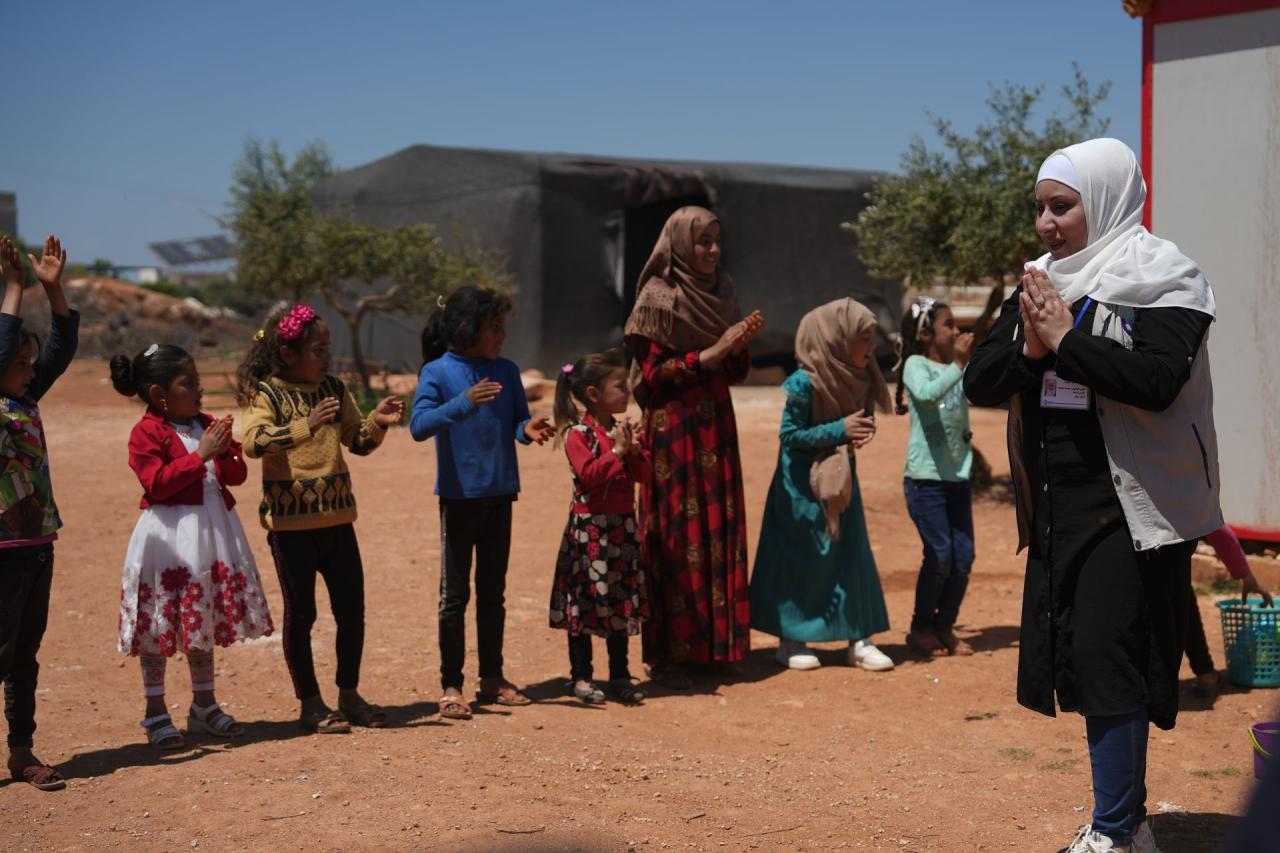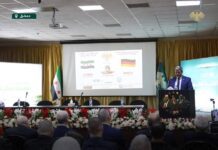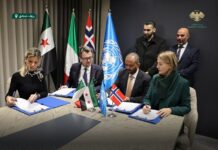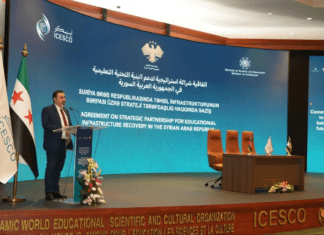
Germany has announced a €62 million aid package to support educational initiatives and programs promoting women’s rights in Syria, a move welcomed by many as vital to the country’s rebuilding efforts. However, the decision to channel funds through UN agencies and civil society organizations, bypassing the newly established Syrian Transitional Government (STG), has raised questions about the long-term implications for Syria’s nascent governance structure.
Support for Education & Development
German Development Minister Svenja Schulze described the funding as a response to the recent political shift following the fall of Bashar al-Assad’s regime. “There is a historic opportunity for Syria, and we must support this process to achieve positive developments,” Schulze said.
Half of the aid will bolster Syria’s education system, with €25 million allocated to UNICEF and €6 million to the German organization Arche Nova, which runs schools serving approximately 3,000 Syrian children. An additional €19 million will go to the United Nations Development Program (UNDP) for sustainable development projects, and €7 million will be distributed to Syrian civil society organizations.
The remaining funds include €3 million directed to a UN special fund aimed at promoting women’s rights. Schulze stressed the importance of ensuring that Syria’s education system remains free from “ideology, discrimination, and exclusion,” fostering an inclusive and equitable learning environment.
Bypassing the Syrian Government
While the initiatives address critical needs in Syria, Germany’s explicit choice to work exclusively through UN bodies and non-governmental organizations rather than engaging directly with the STG has drawn criticism. Schulze defended the decision, citing a commitment to “ensuring direct access to beneficiaries.”
Critics argue that circumventing the fledgling government could undermine its ability to establish credibility and legitimacy at a crucial moment when Syria desperately needs investment and development programs. Bypassing existing government mechanisms could imply a lack of good faith in the new administration before it has had the chance to establish or prove itself.
Historical Contradictions
Observers have noted a perceived inconsistency in the international community’s approach. The UN and other global organizations had previously provided aid directly to the Assad regime for years despite well-documented human rights violations, theft of aid, and exploitation of the UN system by the regime. Critics argue that similar engagement with the post-Assad administration could help bolster its stability and effectiveness, paving the way for a more unified recovery process.
A Divisive Impact
The funding approach has also highlighted tensions within Syrian society. Aisha al-Debs, head of the Women’s Affairs Office (WAO) in the caretaker government, previously voiced concerns about the potential divisiveness of foreign-funded initiatives. In a recent interview with Turkish broadcaster TRT, Al-Debs criticized international training programs for contributing to social fragmentation, claiming that they have “harmed Syrian society by increasing divorce rates.”
Al-Debs emphasized the need for solutions rooted in Syrian traditions, stating, “We will not adopt ready-made or imported models, but we will create a special model that suits our traditions and civilization.” Her comments sparked heated debate, with some accusing her of ignoring the contributions of women during Syria’s revolution.
Balancing Rebuilding & Sovereignty
While Germany’s financial support addresses urgent humanitarian and developmental needs, the approach underscores the delicate balance between international aid and respecting Syria’s sovereignty. As Syria embarks on a complex rebuilding process, fostering trust and collaboration between the STG and international partners will be essential. Strengthening the government’s capacity to deliver services while upholding principles of inclusivity and accountability could help lay the foundation for a more stable and equitable future.








